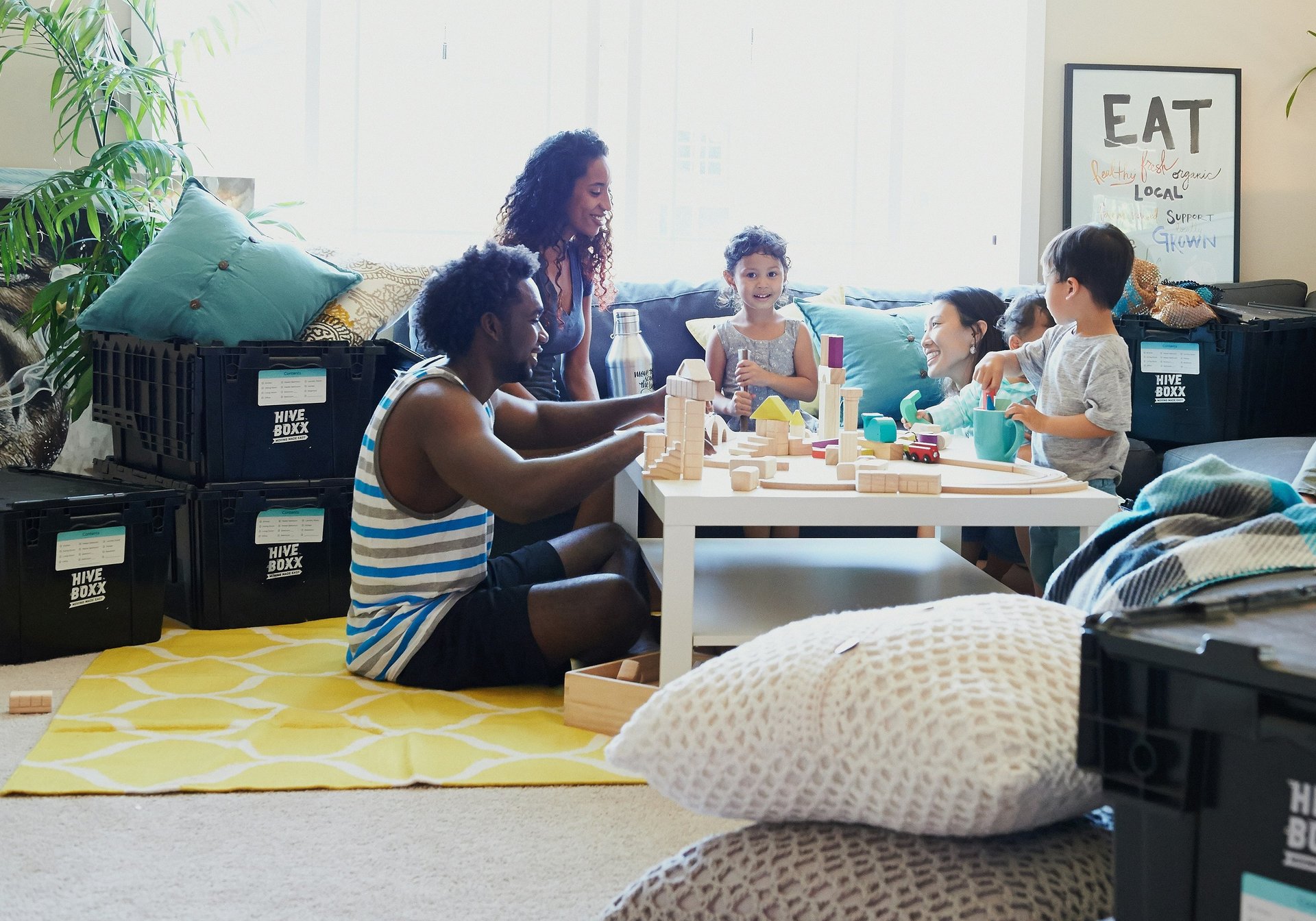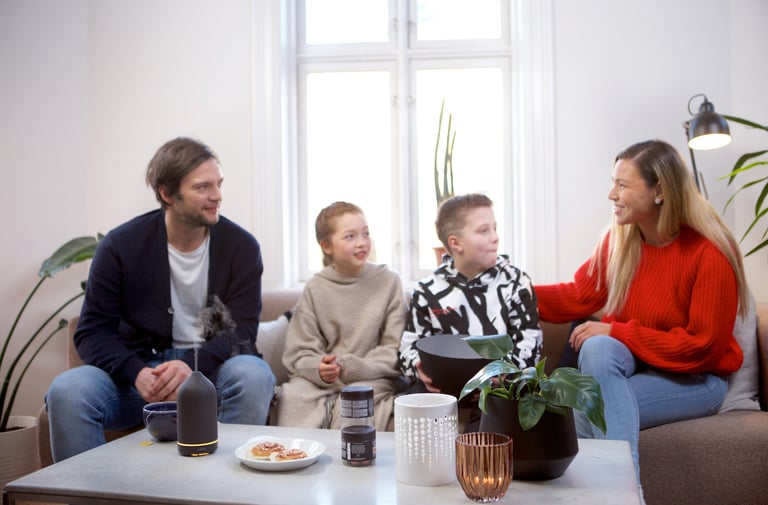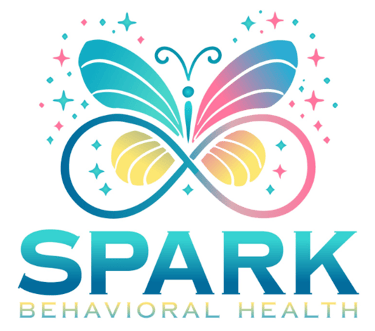
Culturally Responsive ABA: Supporting Diverse Families with Respect
Culturally Responsive ABA empowers diverse communities by respecting traditions, values, and unique family needs in behavioral support.
PARENTS THERAPY
Timnit Yikealo
Culturally Responsive ABA empowers diverse communities by respecting traditions, values, and unique family needs in behavioral support.


Every family comes with their unique and different languages, cultures, traditions, and ways of life. Understanding and respecting a family’s culture while providing ABA therapy for a child is increasingly important, and this is why Culturally Responsive ABA is so helpful.
What is Culturally Responsive ABA?
Culturally Responsive ABA focuses on honoring the unique cultures of families by learning their values, traditions, and ways of life while providing behavioral therapy.
Culturally Responsive ABA believes that every family is different and diverse, therefore, every child needs different methods and therapies tailored to them.
Why Culture Matters in ABA Therapy
Our culture influences every little detail of our life, ranging from the way we speak, how we play, to even eating and learning, and how kids behave. For instance:
Some families have the custom to greet older family members by bowing.
Some kids have the habit of eating using their hands instead of with a spoon.
Some parents choose not to look someone in the eye as a courtesy.
Without knowledge and understanding of a child’s background and culture, a therapist can mistakenly assume that a child is misbehaving. Rather, the child is simply behaving according to their culture.
How Therapists Utilize Culturally Responsive ABA
Such therapists have a concrete plan to assist and support the therapist’s families, including:
1. Listening to Families
To achieve that, therapists pose questions that, in their minds, are answerable without fear of judgment. They note the most relevant aspects to the families, and this helps to build trust.
2. Using the Family's Language
When a child or a child’s parent speaks a different language, a child’s therapist will either use that language or will find someone to do so on their behalf. This makes the situation easier for every participant.
3. Selecting Goals That Align with the Culture
Every family can have particular aspirations for their child. Goals matter to the families, and therapists need to achieve their most relevant goals. Then, therapists draw a plan to achieve the goals.
4. Honoring Family Traditions
Therapists may inquire about family celebrations, specific cuisines, prayers, and clothing customs. They ensure not to hold sessions during critical family occasions. They also make it a point not to ask the child to perform tasks that may compromise the family's traditions.
Case in point: ABA Therapy for Our Diverse Families
Imagine a child from a Muslim family attending ABA therapy sessions. The therapist makes it a point to learn that clients always perform their prayers five times a day. Therefore, the therapist schedules breaks for those times.
Another example includes a child from a Latino family. The family speaks Spanish at home. The therapist speaks to the child in simple Spanish so the child can feel at home and somewhat connected.
Expanded Benefits with Inclusive ABA Services
Inclusive ABA Services benefits all parties involved. The following is a list of marked advantages:
Improved interaction and engagement with children and their families.
Improved collaboration and trust between parents and care teams
Increase in success in achieving goals set
Decrease in misunderstandings or confusion during therapy.
Increased esteem and recognition of the child's identity.
When families from different cultures and backgrounds are honored, the child is more likely to learn in a safe and welcoming environment.
Obstacles and Practical Solutions
Sometimes therapists may not be familiar with a family’s culture and may avoid asking questions. However, there are steps that can be taken:
Inquire about family values and rituals with an open mind.
Look up various cultures and their valued customs.
Participate in cultural sensitivity workshops.
Be willing to learn new things.
Making mistakes is part of the learning process as long as there is consistent effort to improve.
Family and Therapist Collaboration
In working with diverse families, ABA therapy requires collaboration. The family and the therapist must be in collaboration. Parents must be welcoming to participating in the collaboration. Therapists should also seek approval before routine changes or goal setting.
Kids in therapy flourish when there is strong communication and partnership along with the ability to learn and grow.
Frequently Asked Questions
1. What is the meaning of “culturally responsive” in ABA?
It means the therapist gives respect due to the family’s culture, its language, and its way of life while providing ABA therapy.
2. Why is culture important in behavioral therapy?
Culture influences a child’s behavior. If the therapy ignores the child’s culture, it may not be effective. Respect leads to trust and more effective outcomes.
3. Is it possible to provide ABA therapy in multiple languages?
Definitely. Therapists are able to either speak the family’s language directly or use translators. This ensures that every participant is comfortable and safe.
4. What if the therapist is unfamiliar with my culture?
You can provide your family’s values and traditions. An appropriate therapist will listen to your concerns and ask gentle questions.
5. Where can I get ABA services that incorporate my family’s culture and values?
Inclusive services are those that consider the family’s culture and generously ask for the family’s background. Look out for therapists who hold family sessions since those are often the most inclusive.
Conclusion
Culturally Responsive ABA is more than a method, it is a way of thinking. It is appreciating every family as unique and honoring their family values. It is working in partnership with love, care, and trust.
When therapy is respectful, safe, and effective, children thrive. Families feel supported. Everyone is able to get stronger, and grow, together.
If looking for ABA therapy for diverse families, do ask if the therapist is familiar with your culture. You deserve therapy that affirms your family, and sees your child for who they truly are.
Recent Posts
Receive the latest news in your email




